I grew up thinking that faith and therapy were never supposed to mix and that accessing mental health services was ultimately a rejection of God’s power and ability to heal and make you well. I once heard someone say that the church was a hospital for sinners, not a museum for saints, but at some point, I saw more exhibits than examples. Growing up in the church and being baptized seems like a good layer of protection until life starts to hit you. I can remember many of my Sunday school teachers reminding me to pray and trust God no matter what, but the “what” can sometimes look as though it will be impossible to bear or overcome. There weren’t many times where the “what’s” were disclosed to me, I just knew that the people who had taught me things about God had gone through some things. Without the transparency of those testimonies, I lacked reference for when I’d encounter mental torment or have hurtful experiences. I didn’t know that those I had looked up to would struggle with doubt or think that God had forgotten them. I didn’t know that there were times they had lost trust because it didn’t look like God was going to come through for them. I didn’t know the active process of truly casting all your cares upon Him (1 Pet. 5:7). This led to me trusting God less and holding in more, and eventually, I had broken down and didn’t know what else to do, so I sought out therapy for the first time.
Therapy was good for me. It had improved my state of mental health, and I felt more confident going about my life after about a year of being consistent. Then, of course, time went by, and although I had given my life back to Christ, I decided to seek therapy again, but this time it was different. I included God in the process. My therapist wasn’t Christian but had respect for my beliefs, which made it easy for me to talk about my faith and how it’s played a role in my healing process. I’d talk about something I was reading and how it was relevant to what I had been experiencing, but with each session, a new layer would be uncovered, and as each layer has been exposed, I’ve taken each one to God in prayer. For a while, I had felt good about what I was doing because, in my heart, I was trusting God more for the healing than the therapist. I saw them as someone who was able to help me discover things I had been dealing with but hadn’t thought about critically. Therapy was a space for me to be assisted through the “not-so-great” things about my life. But what I started to realize that if I believed that God has not only been with me through all of these experiences, but He knew they were going to happen, why wouldn’t He be the One to help me heal and overcome?
I realize that having someone be a mediator in this process was giving room for someone else to be mistaken as the source of my healing. Even if that wasn’t what I believed, my actions showed God otherwise. As I type this, I’m going into my last therapy session. Not because I have been completely healed of my internal wounds, but because I am one hundred percent committed to trusting God to do that work in me and I want Him to know that. Christians who are seeking therapy, know that it’s not wrong to do so, it’s not wrong to want to get better. Some of us require more added support depending on our situation, and that’s okay. Where the potential issue lies is when room can be allocated to glorify someone else for your healing. If your therapist doesn’t point you towards Christ, you risk falling making the mistake of not acknowledging God in your healing process. God is our healer, He wants us to heal and be well. He wants us to have testimonies to share as infallible proof of His existence. We’re called to be examples, not exhibits. Our testimonies encourage others to trust God for the same thing we may have sought therapy or other sources for. What I’ve learned is that, at some point, our trust in God must be more than our reliance on people to assist us through the things that only He was there for. Show God that you trust Him to be your healer.







